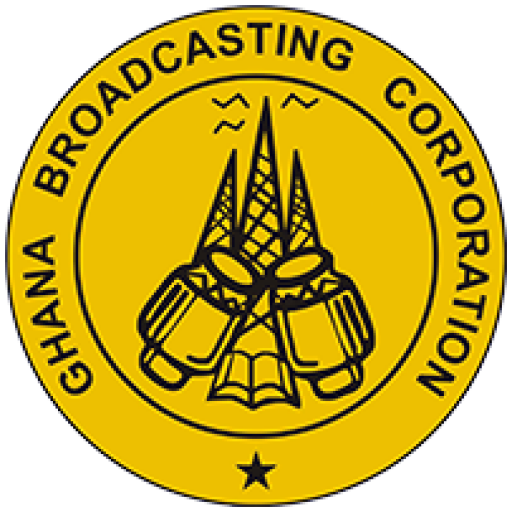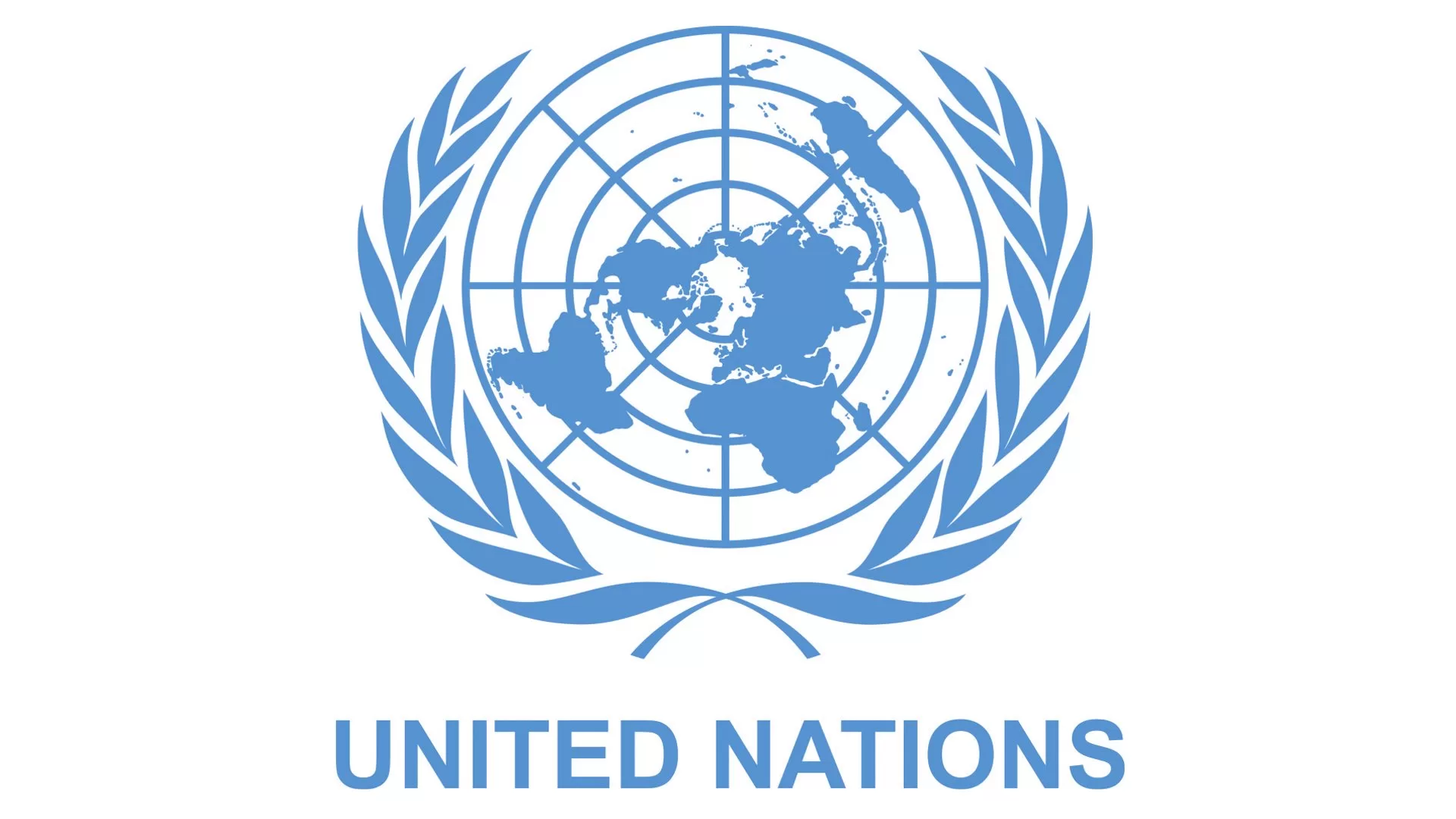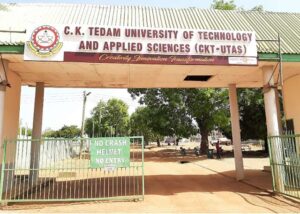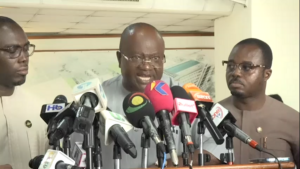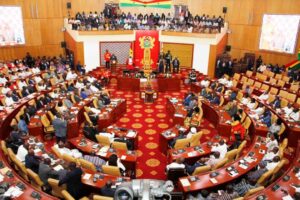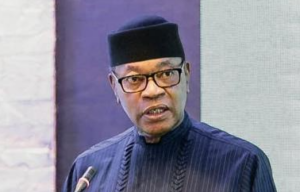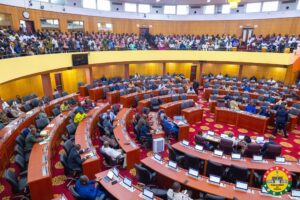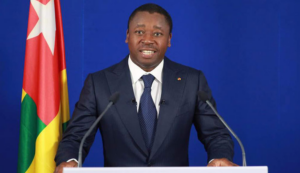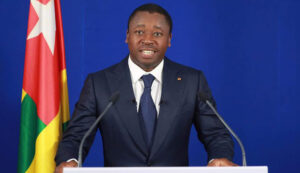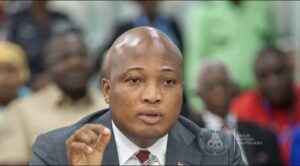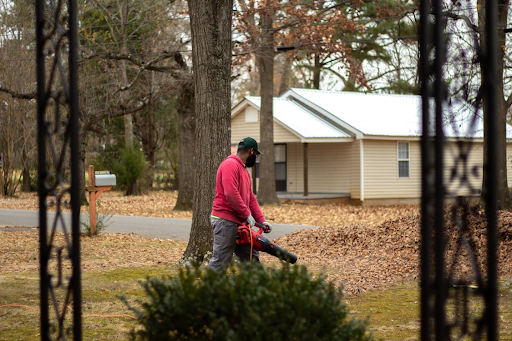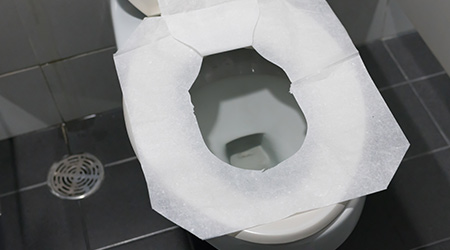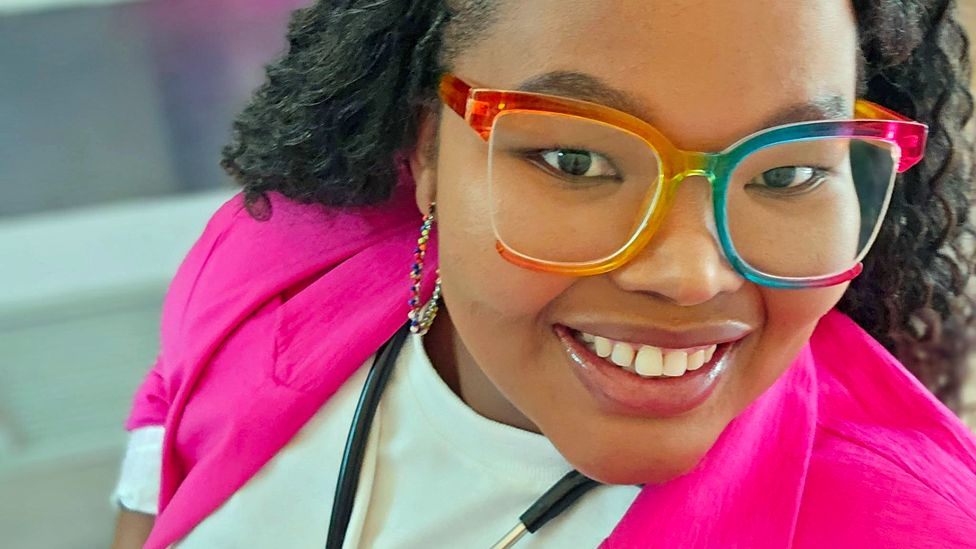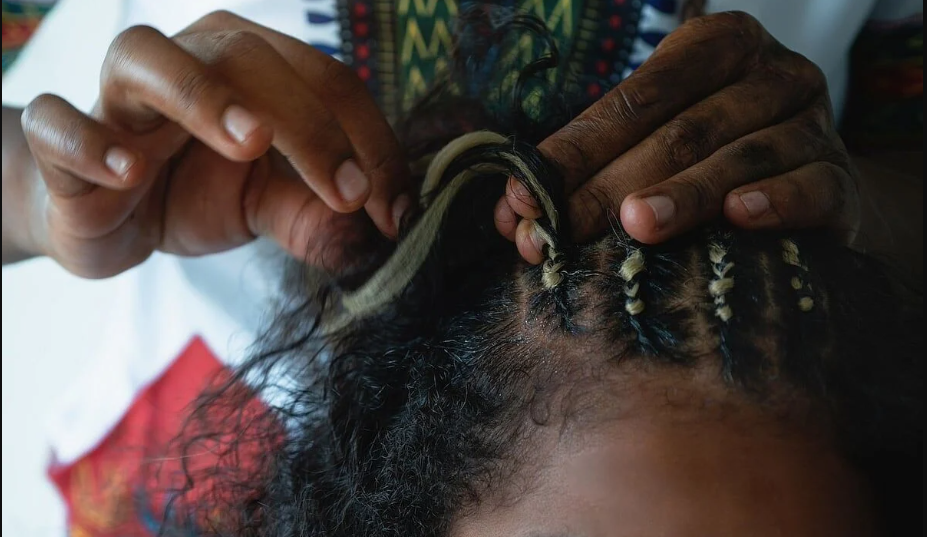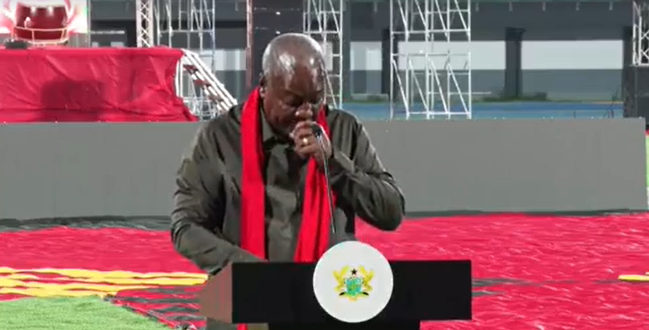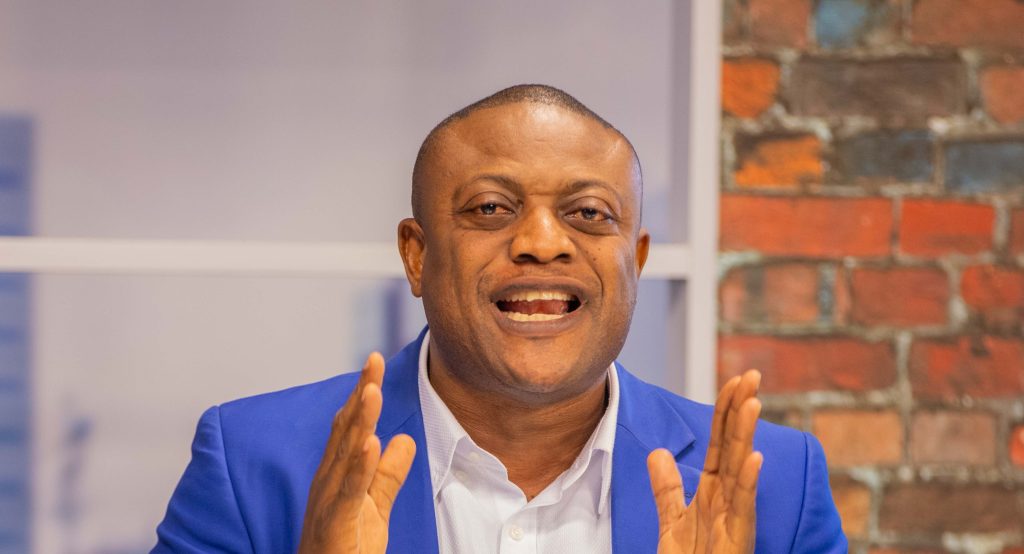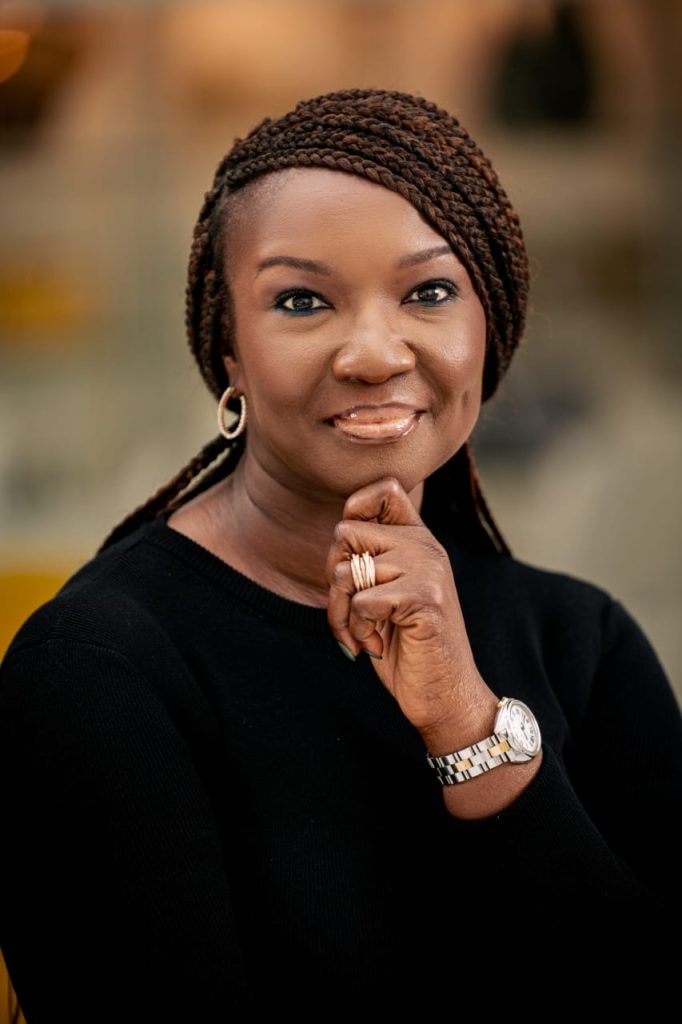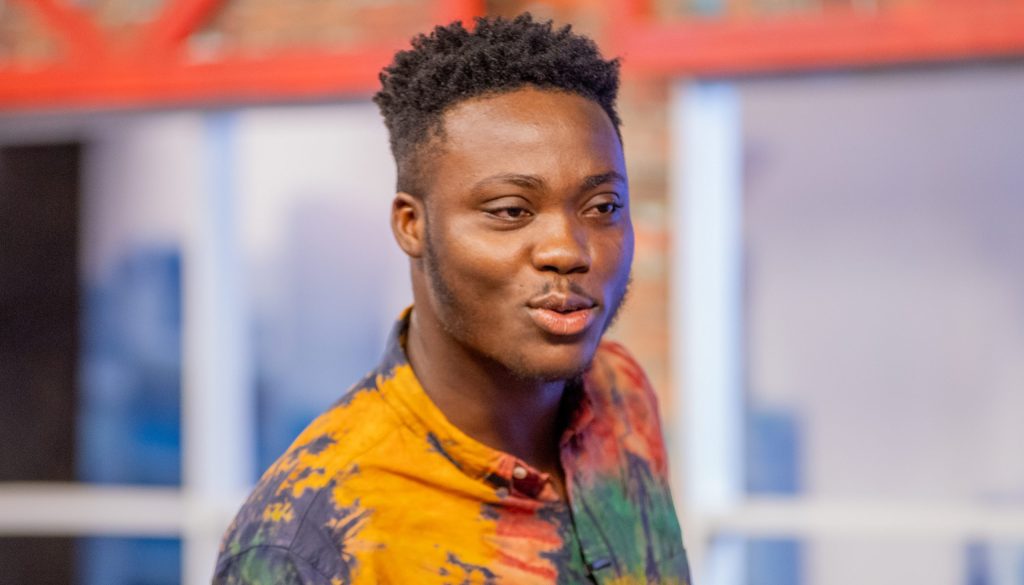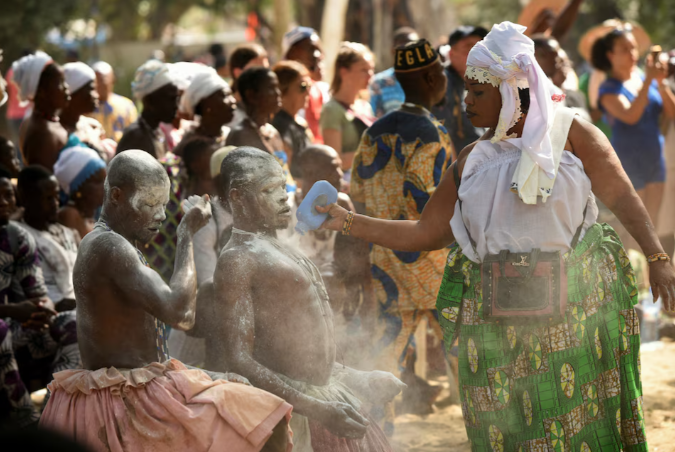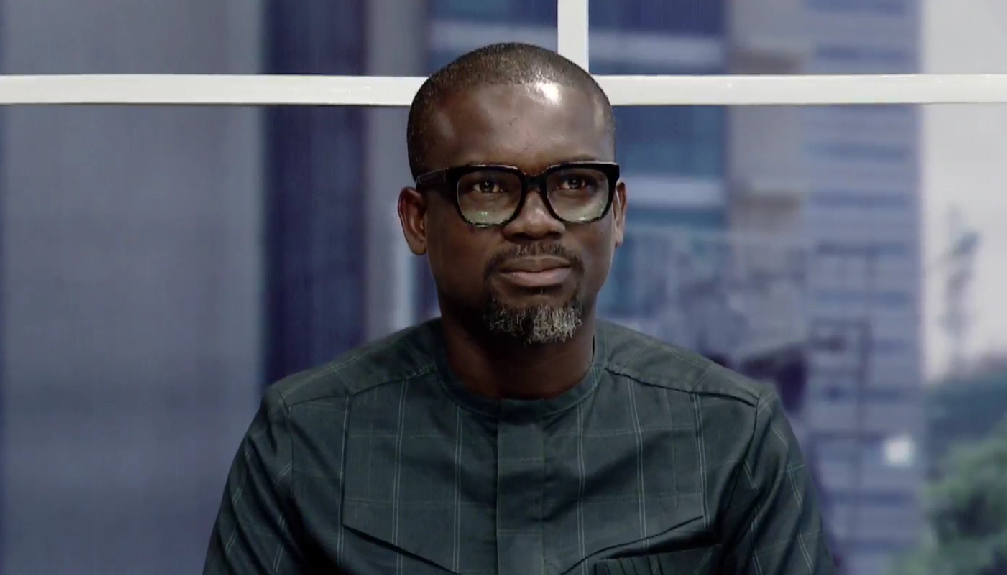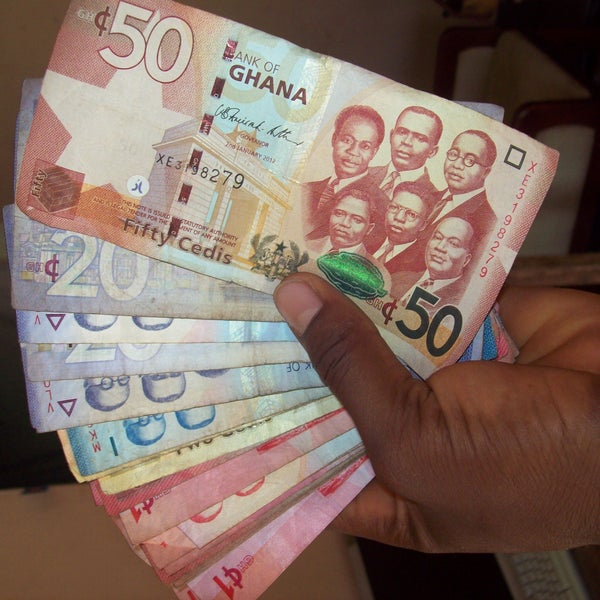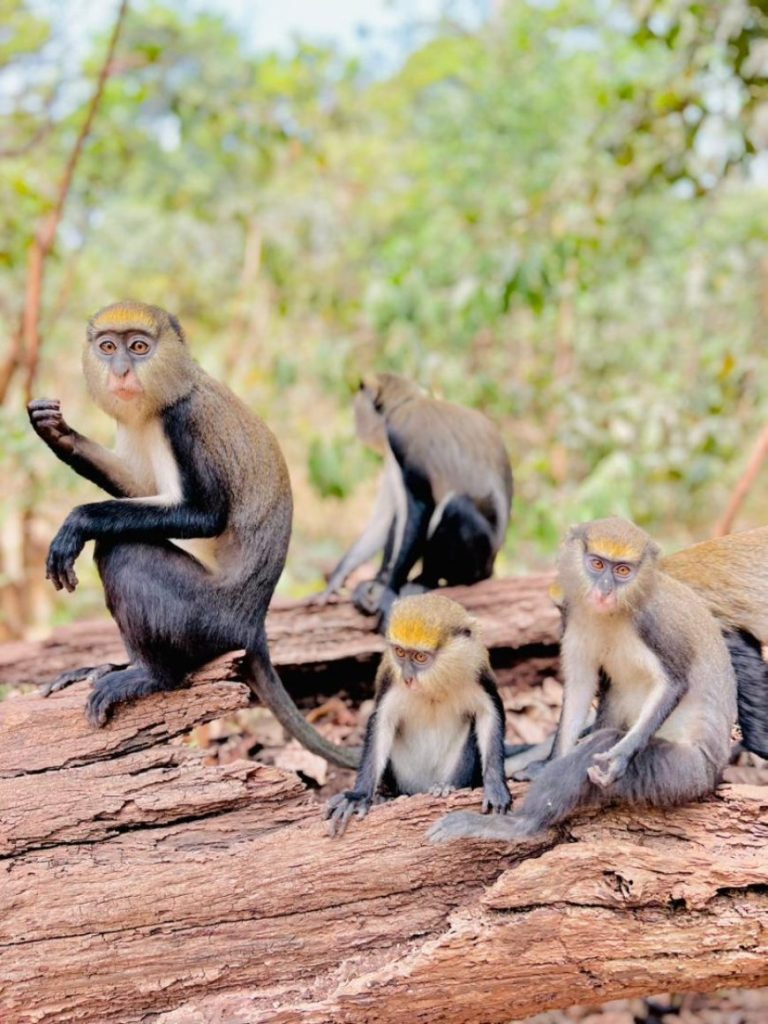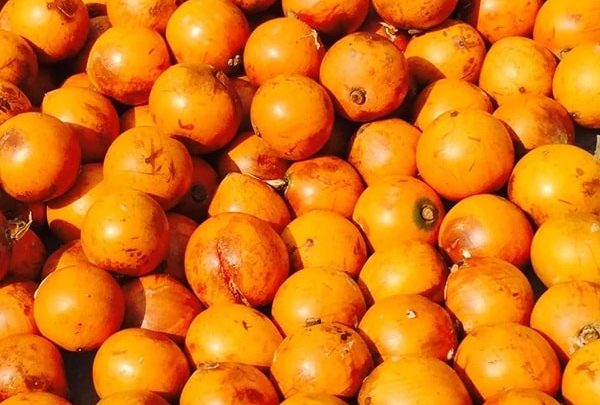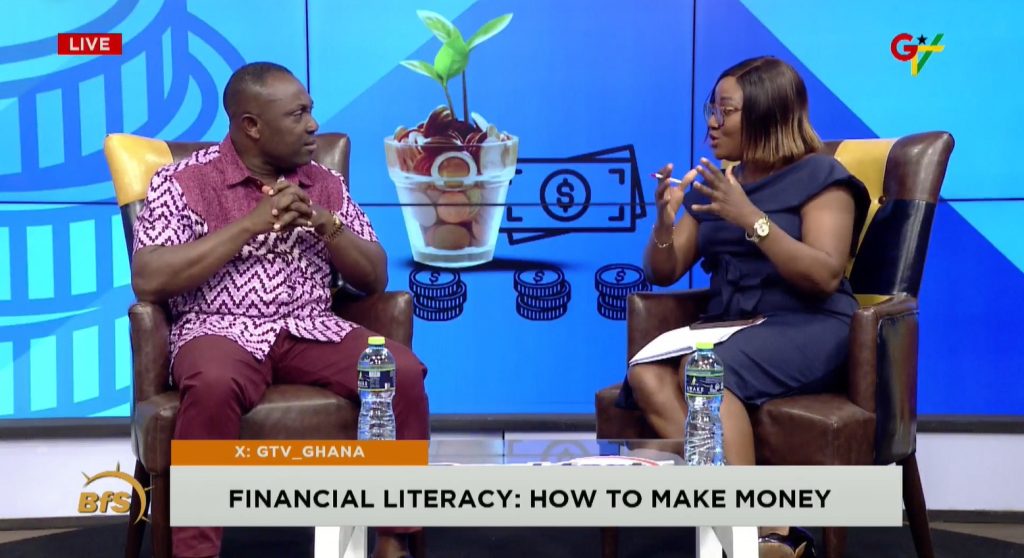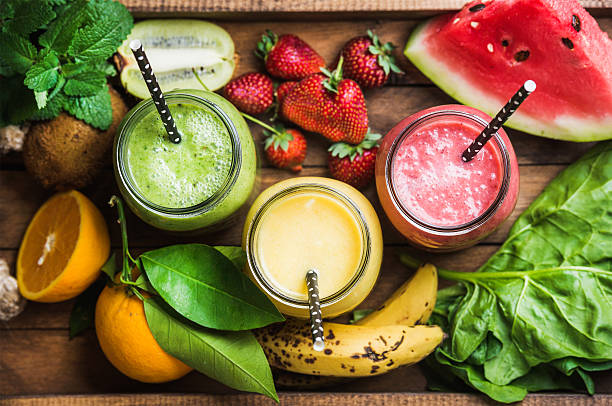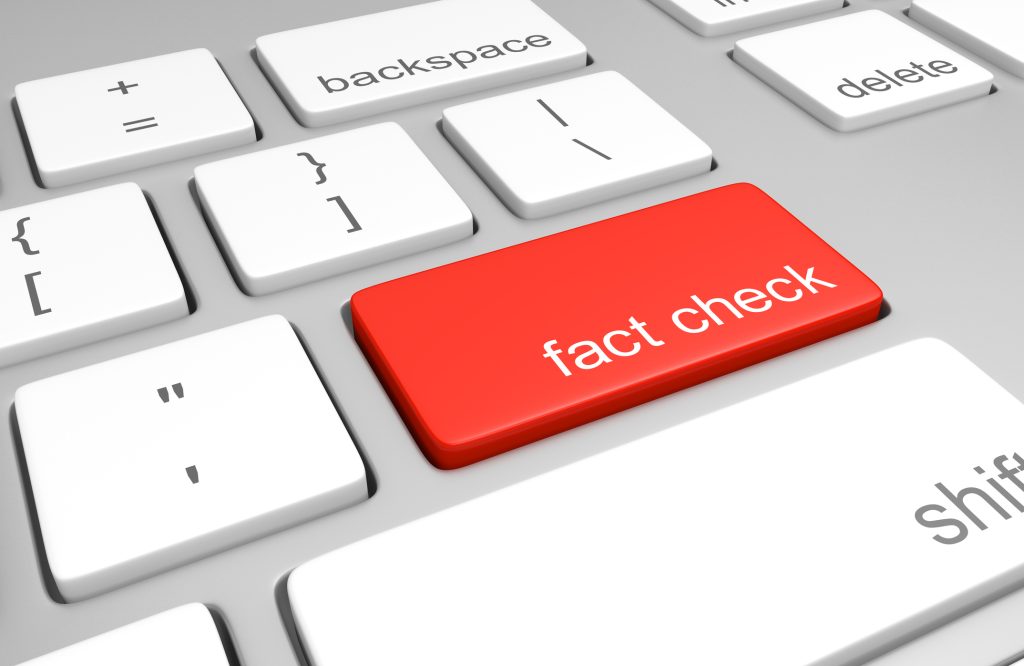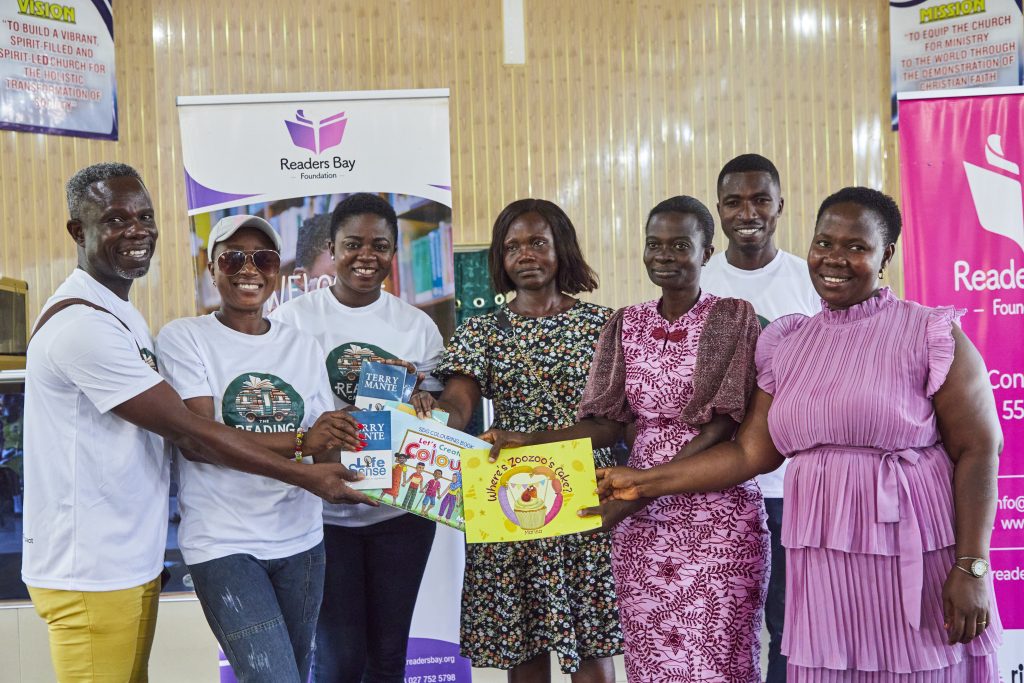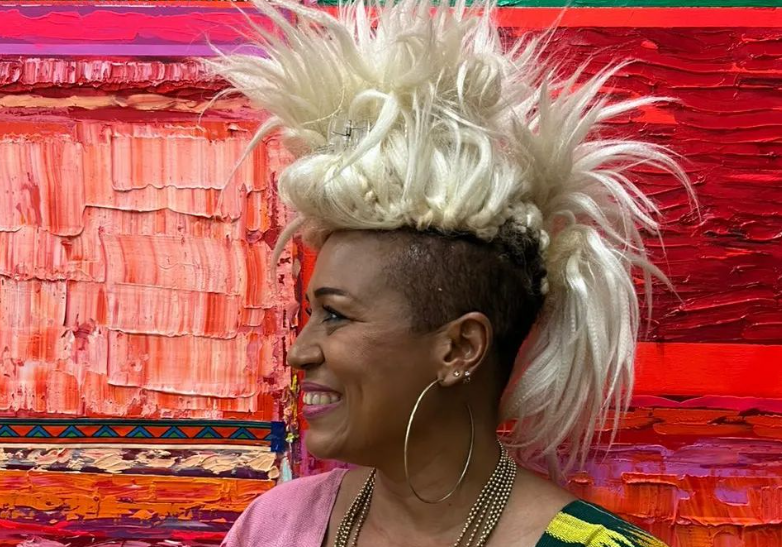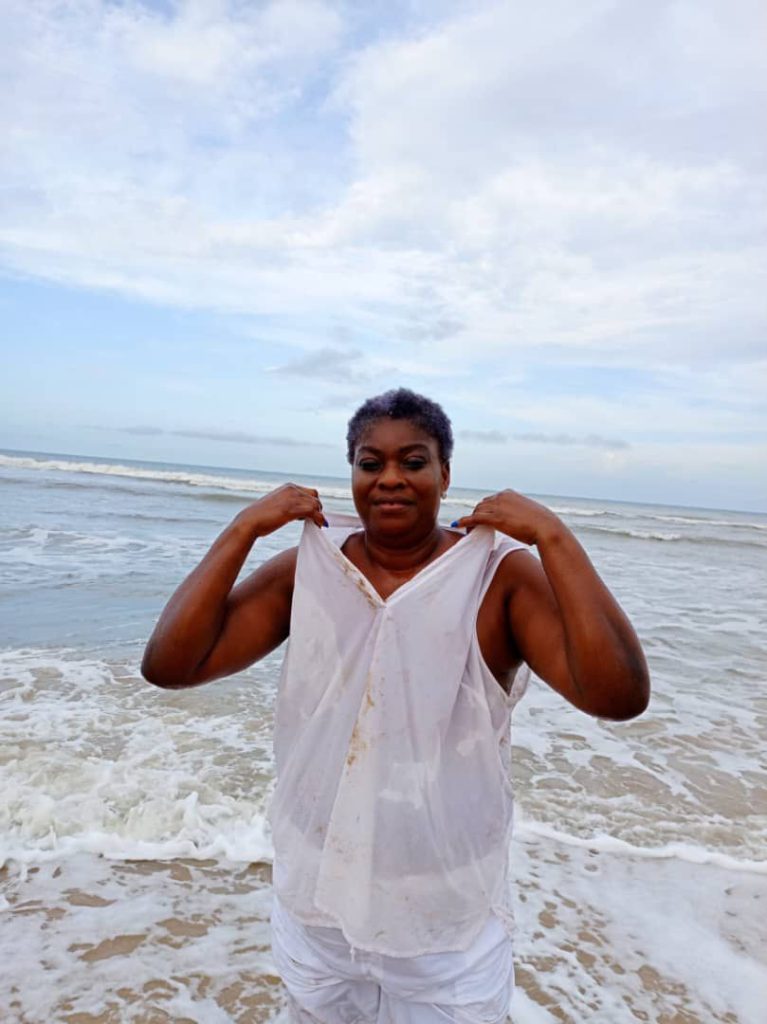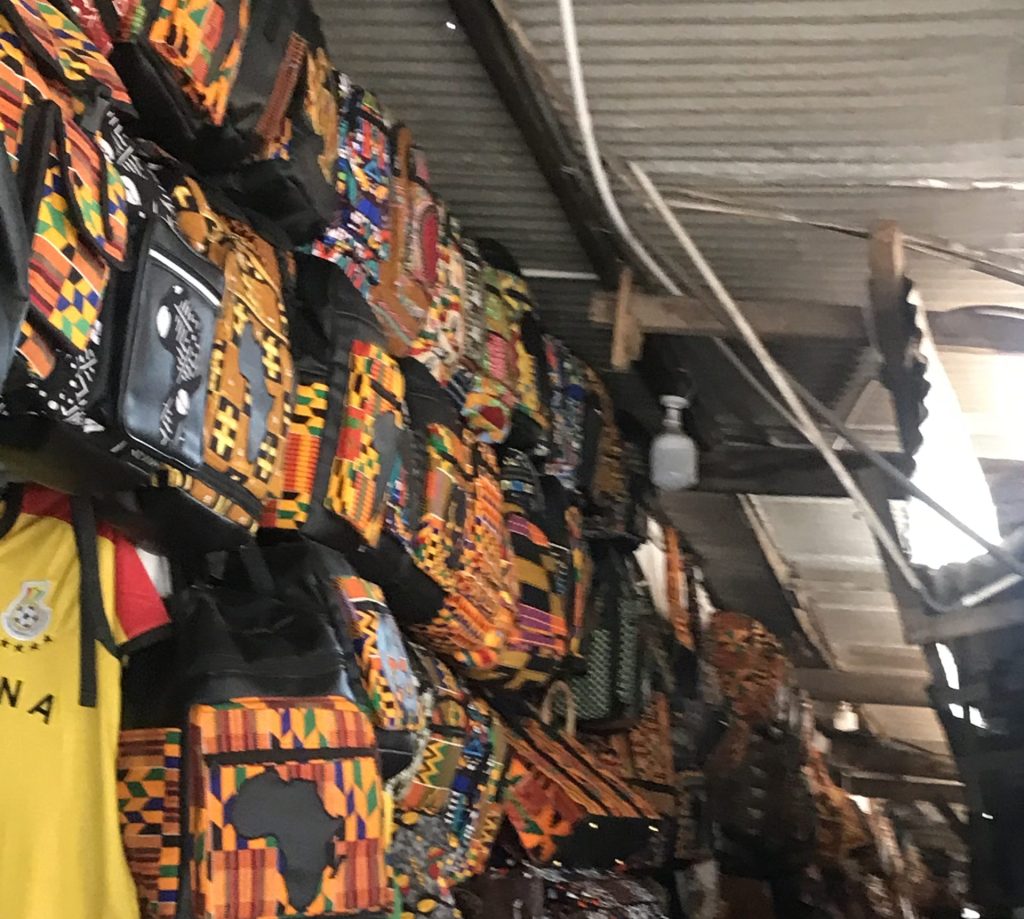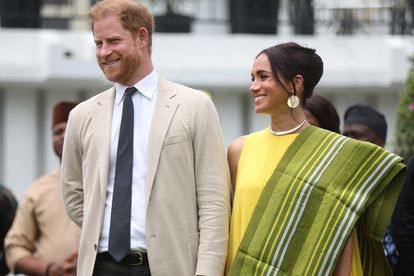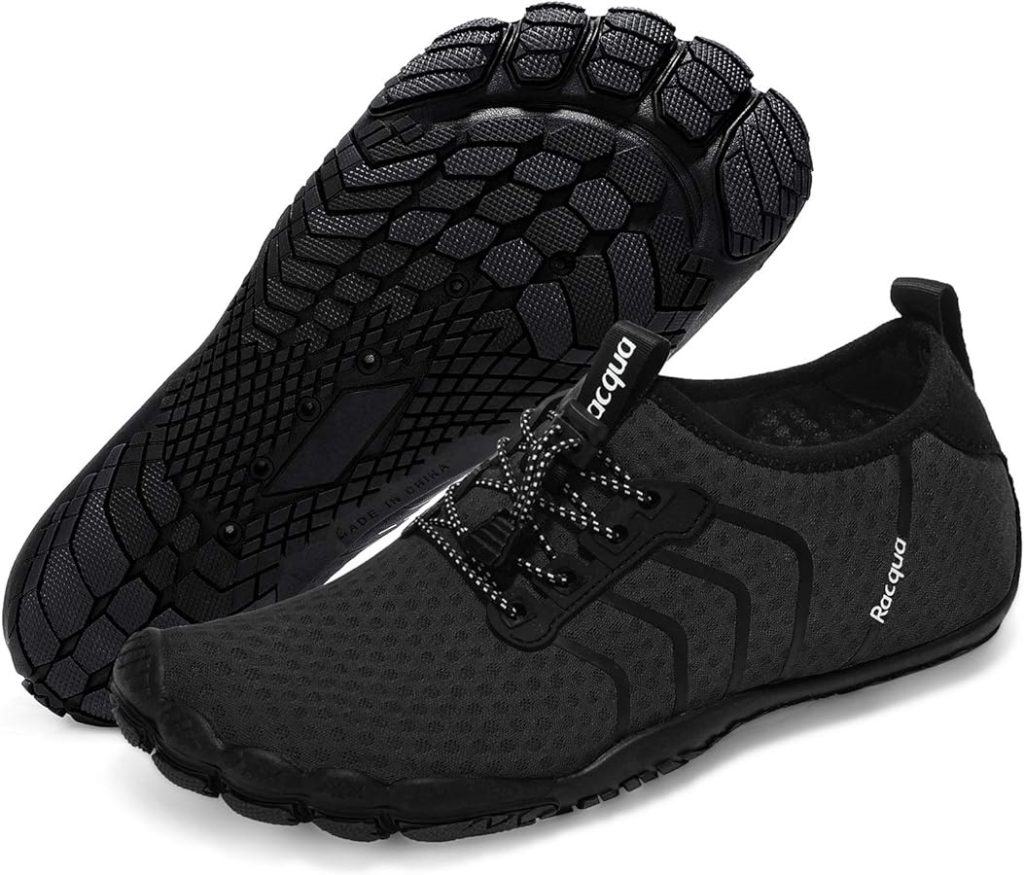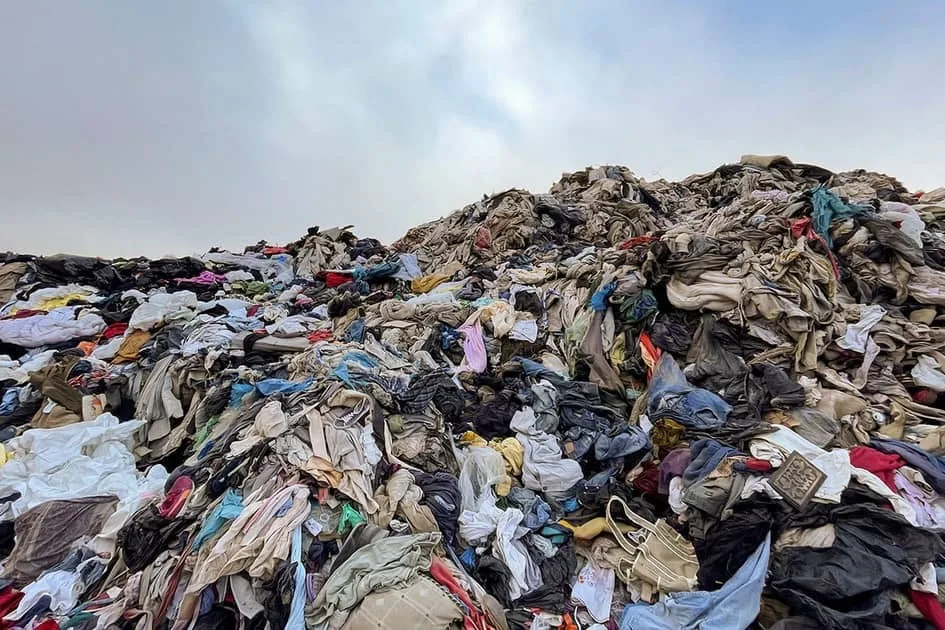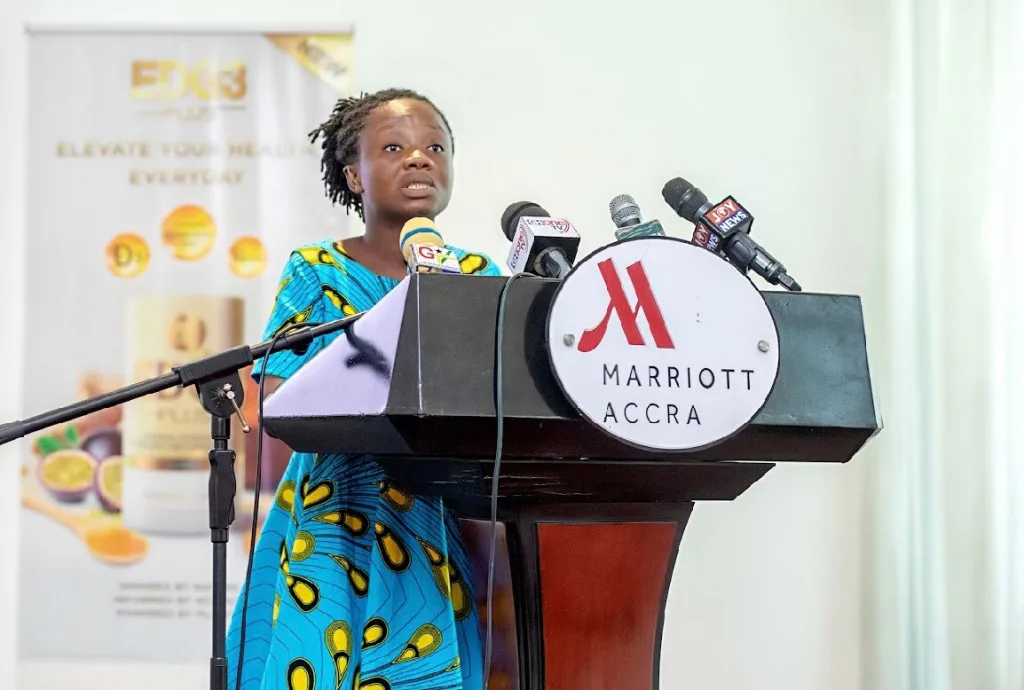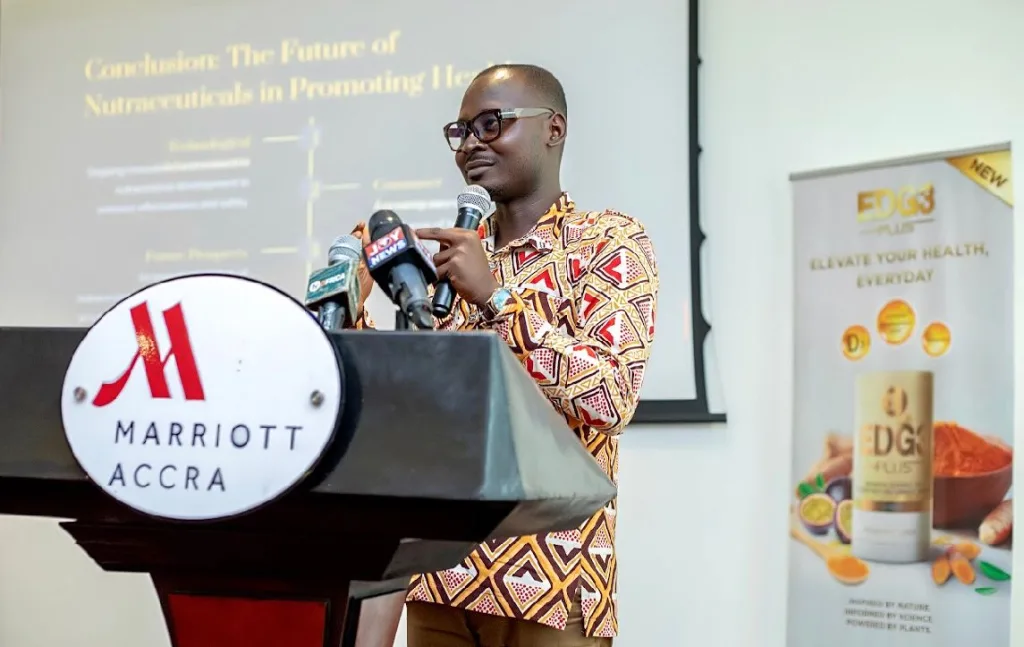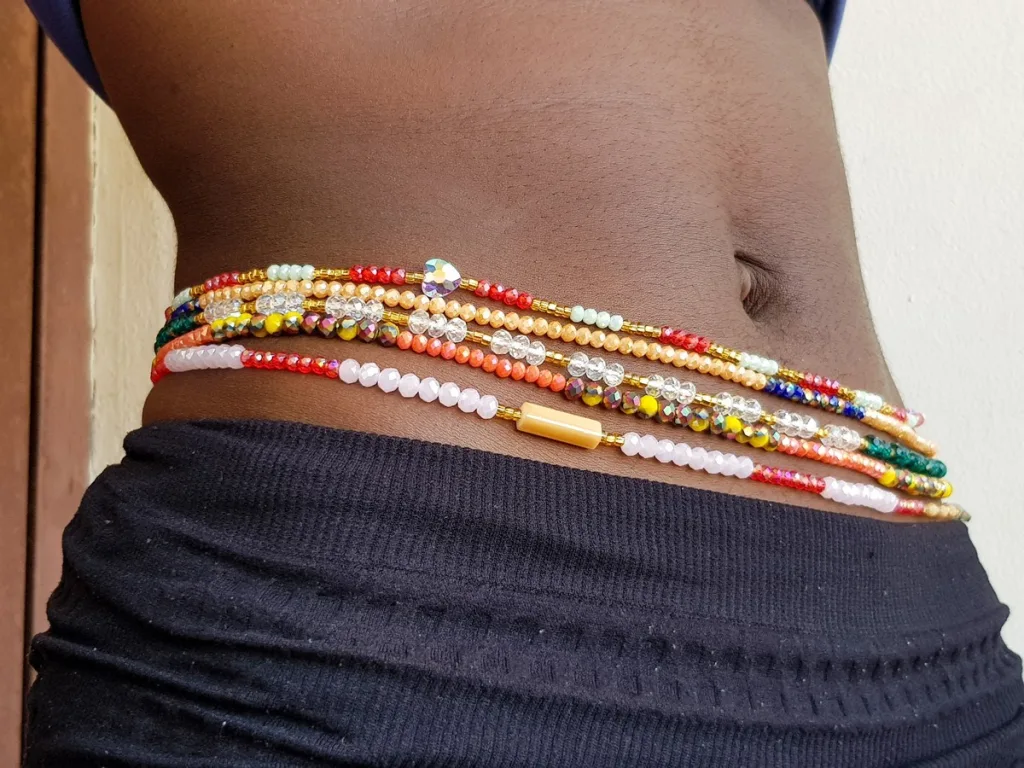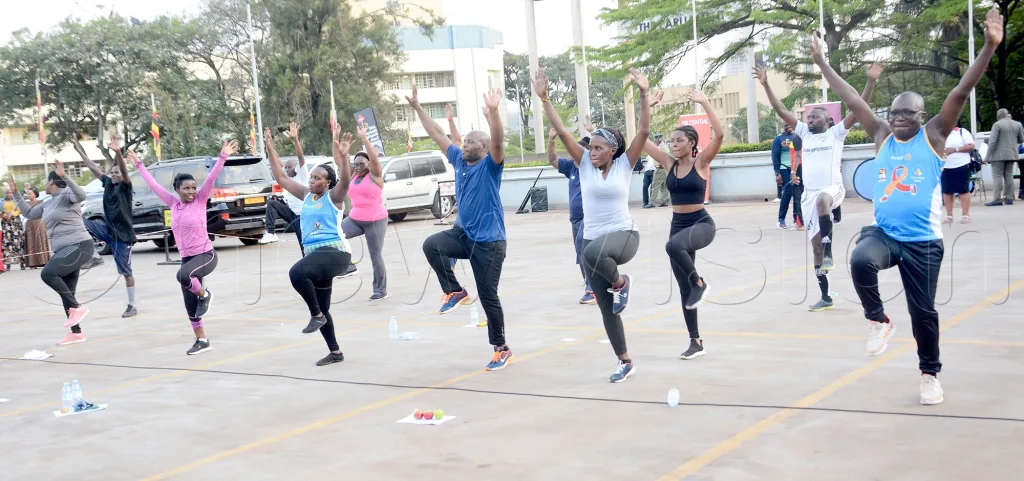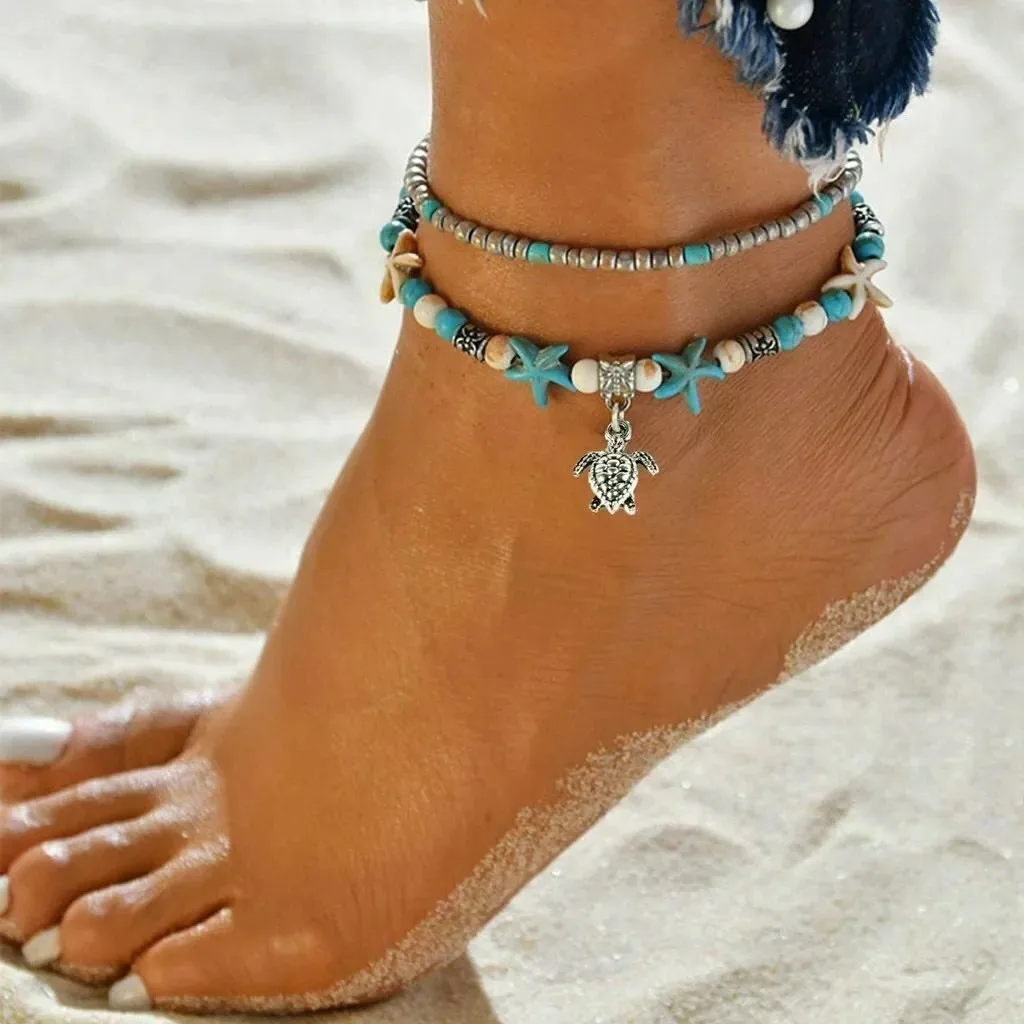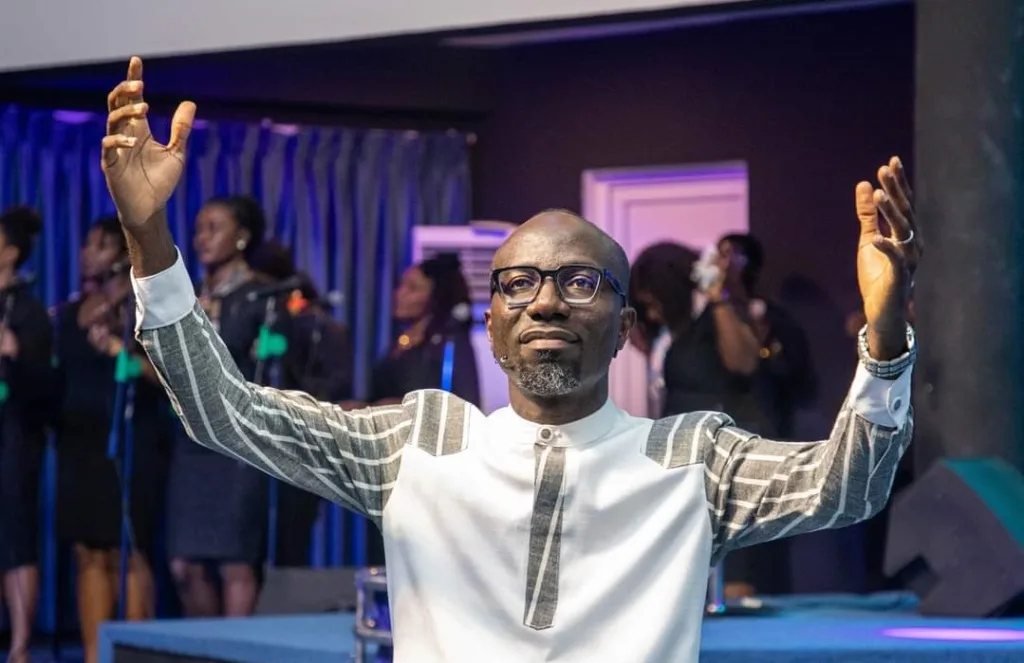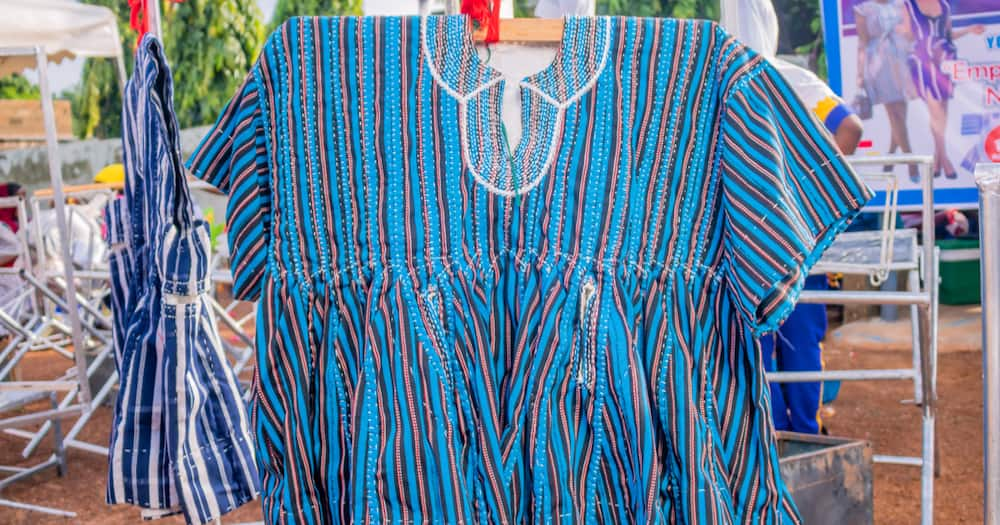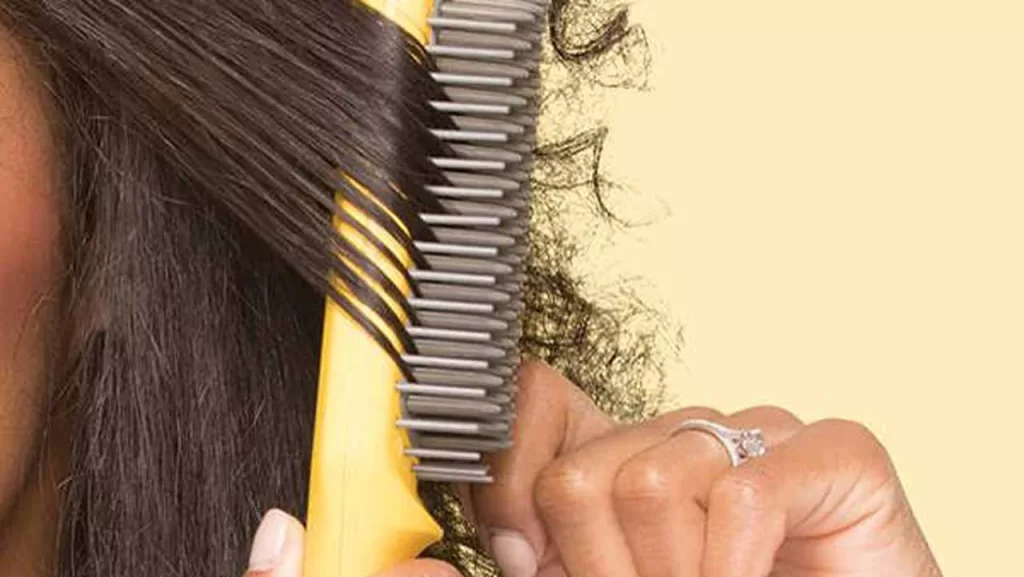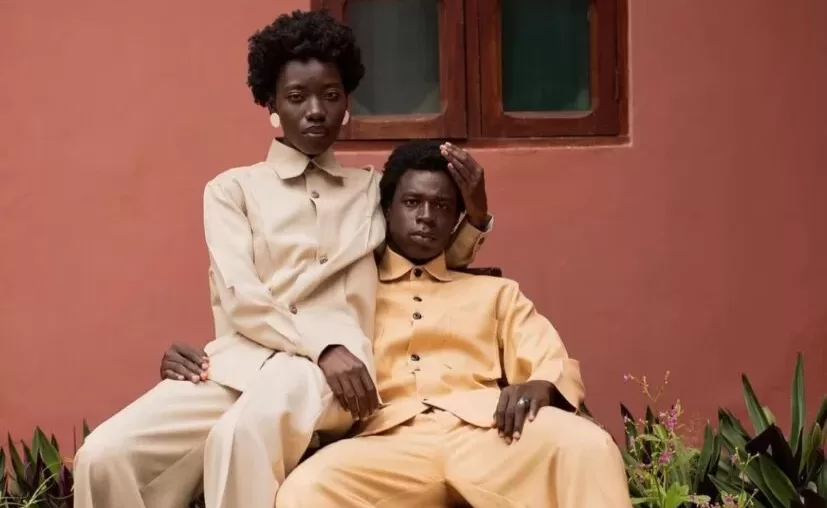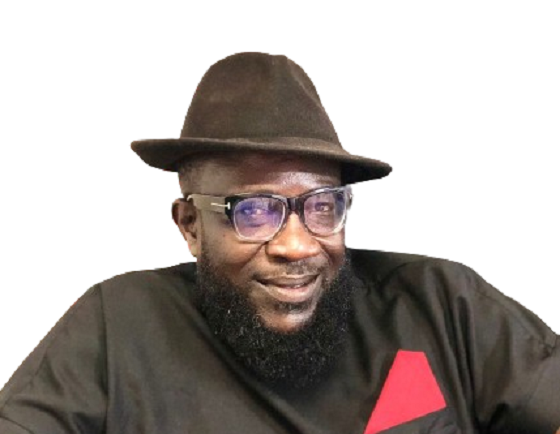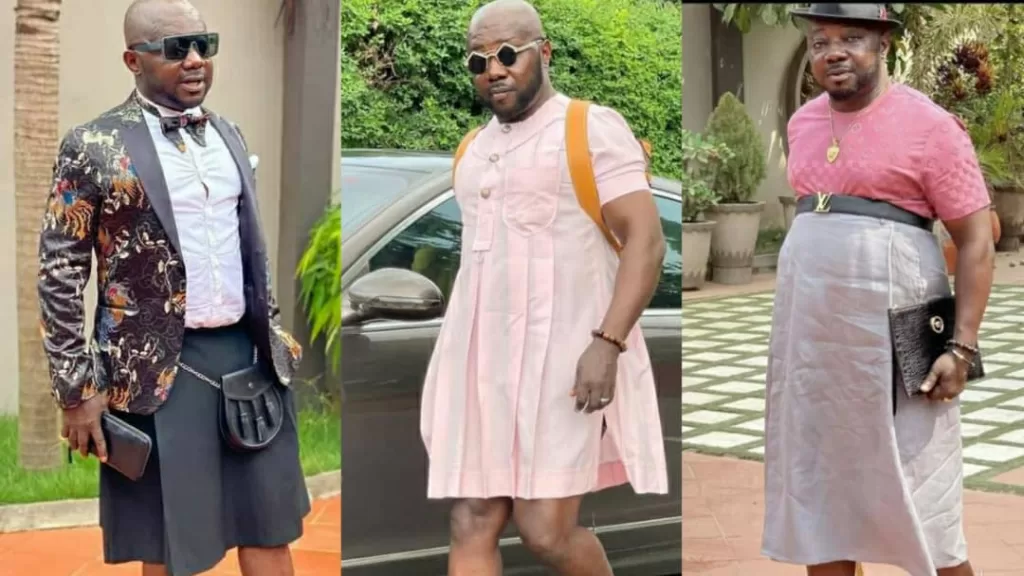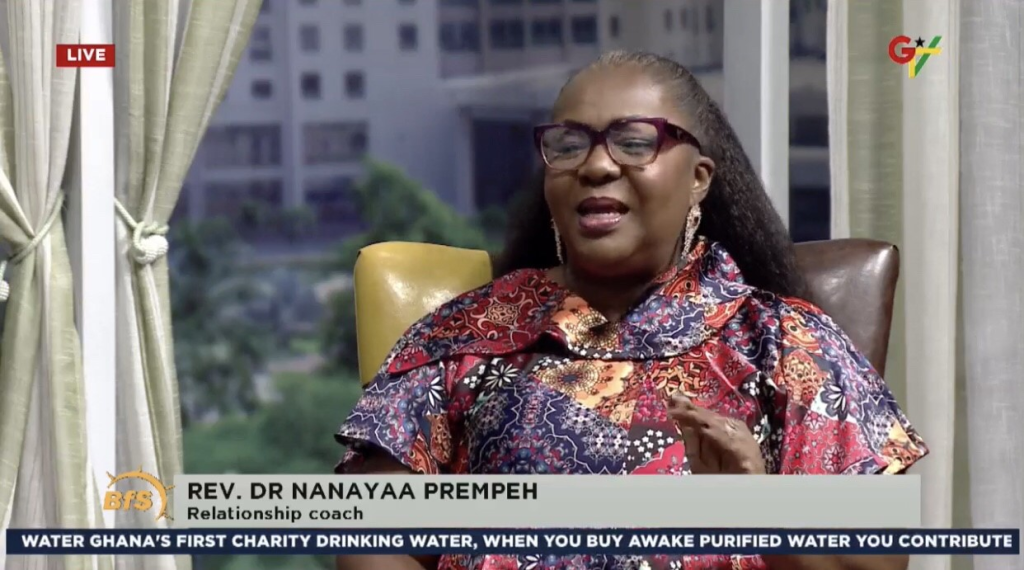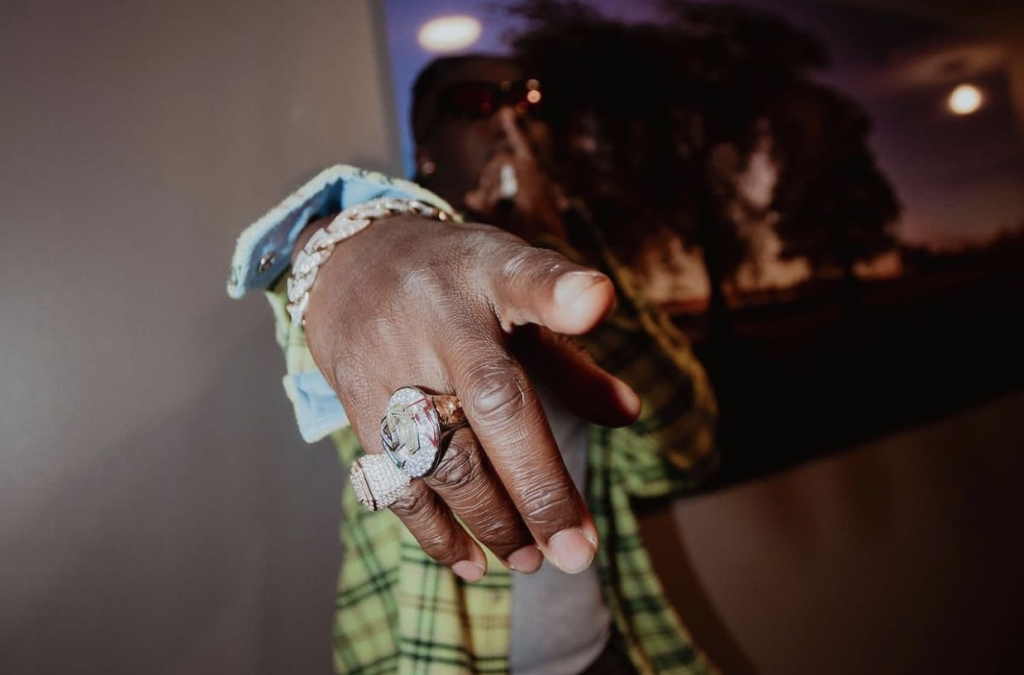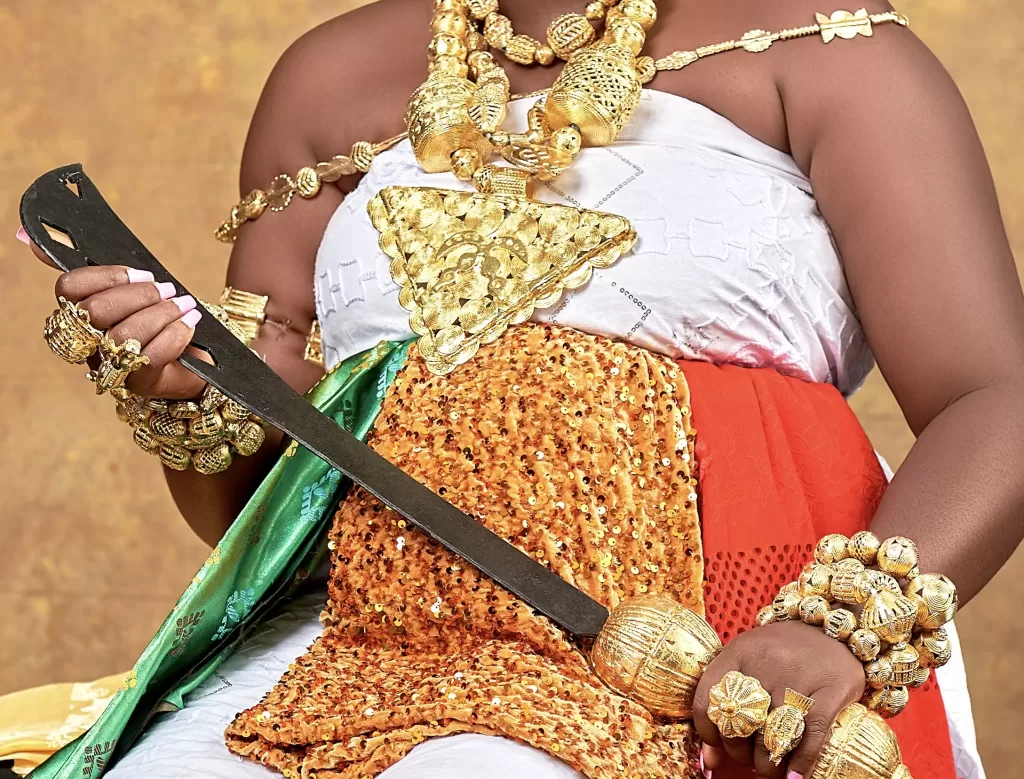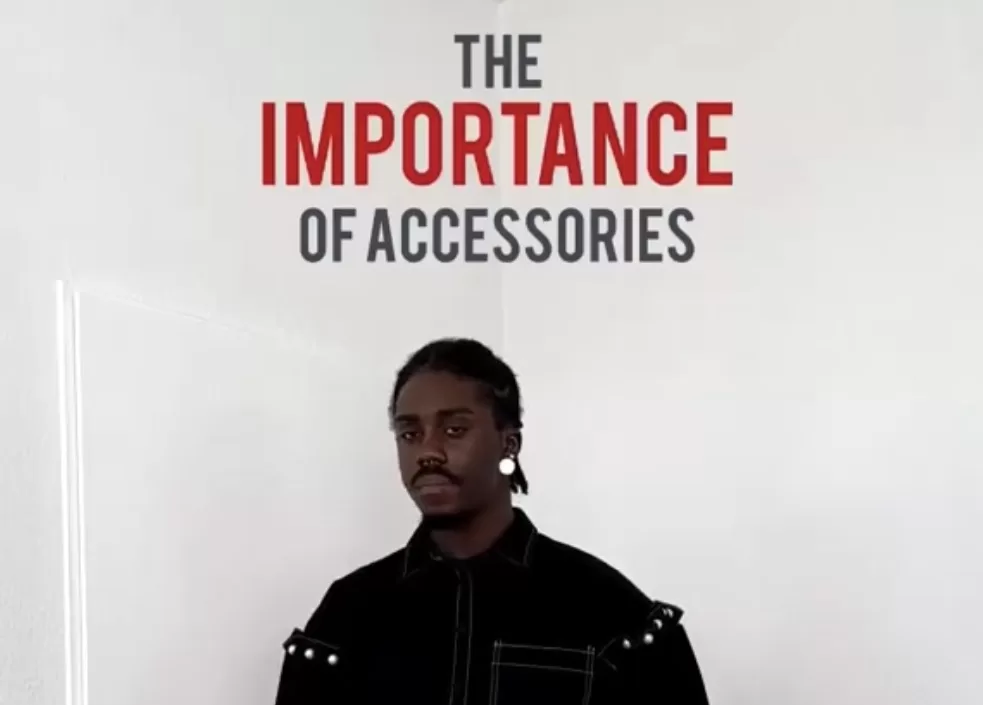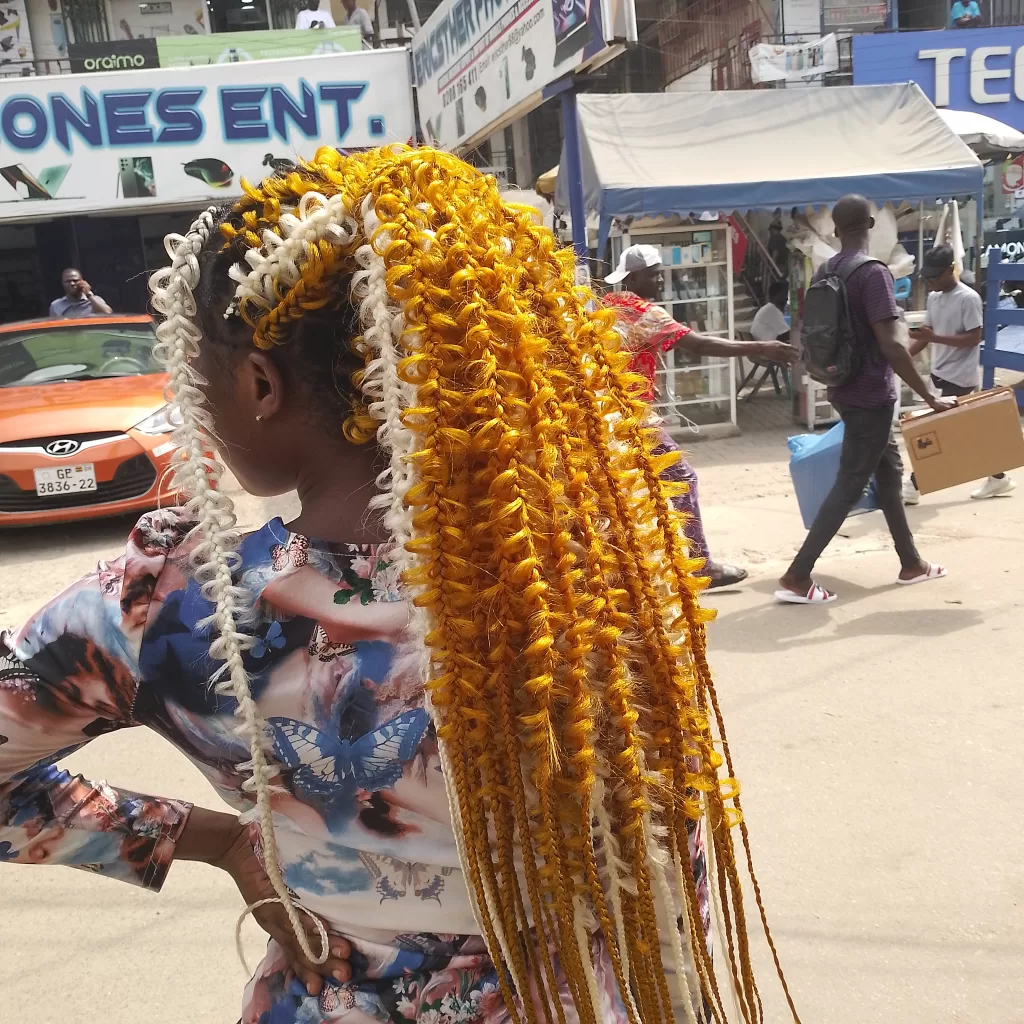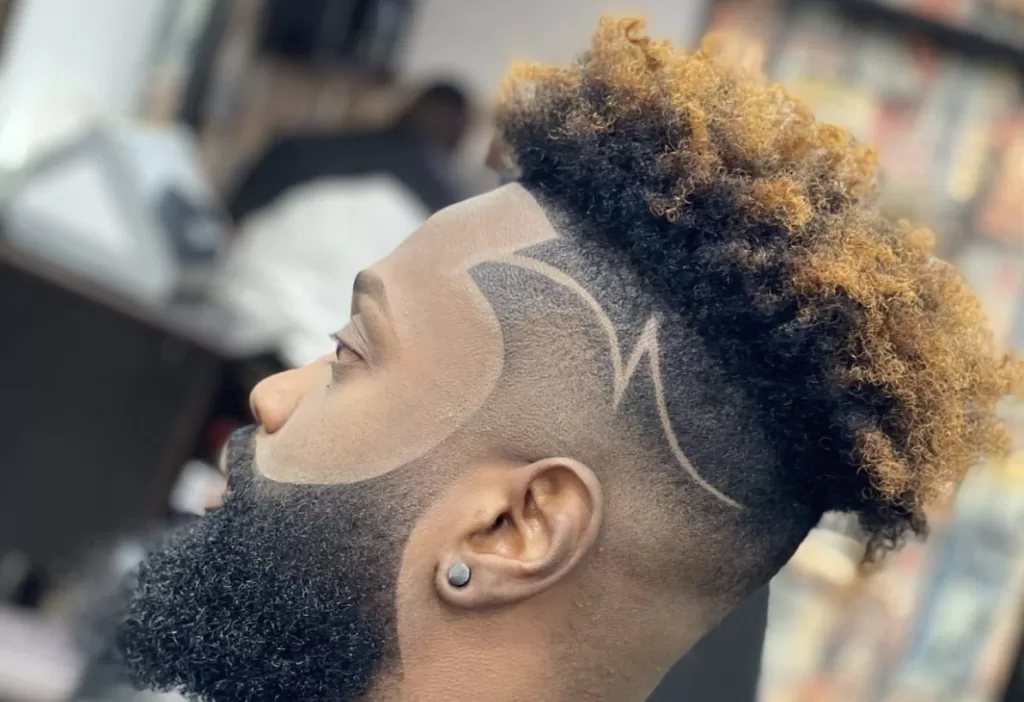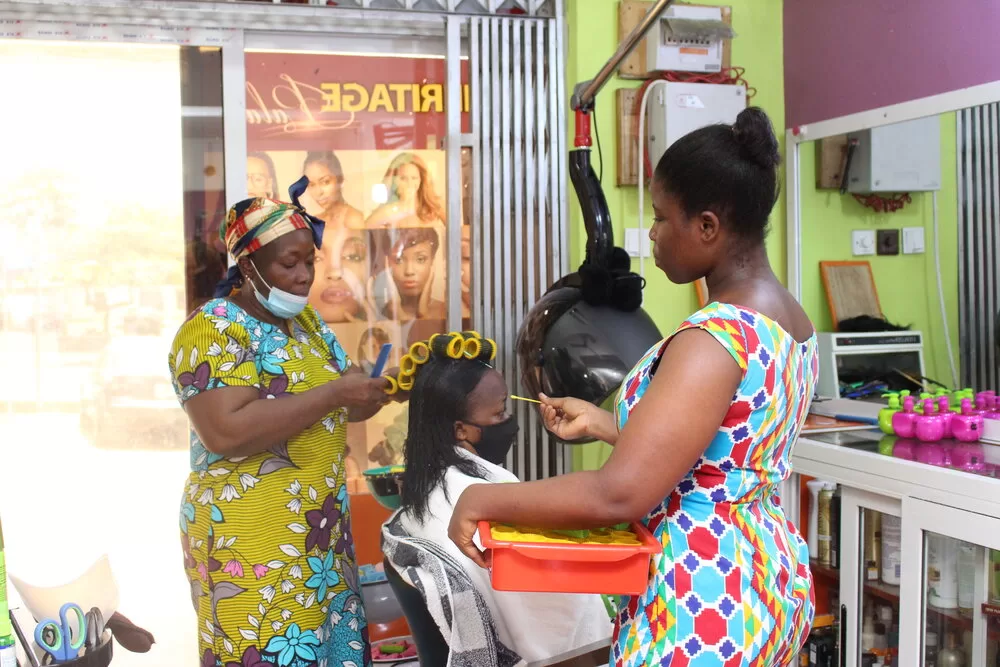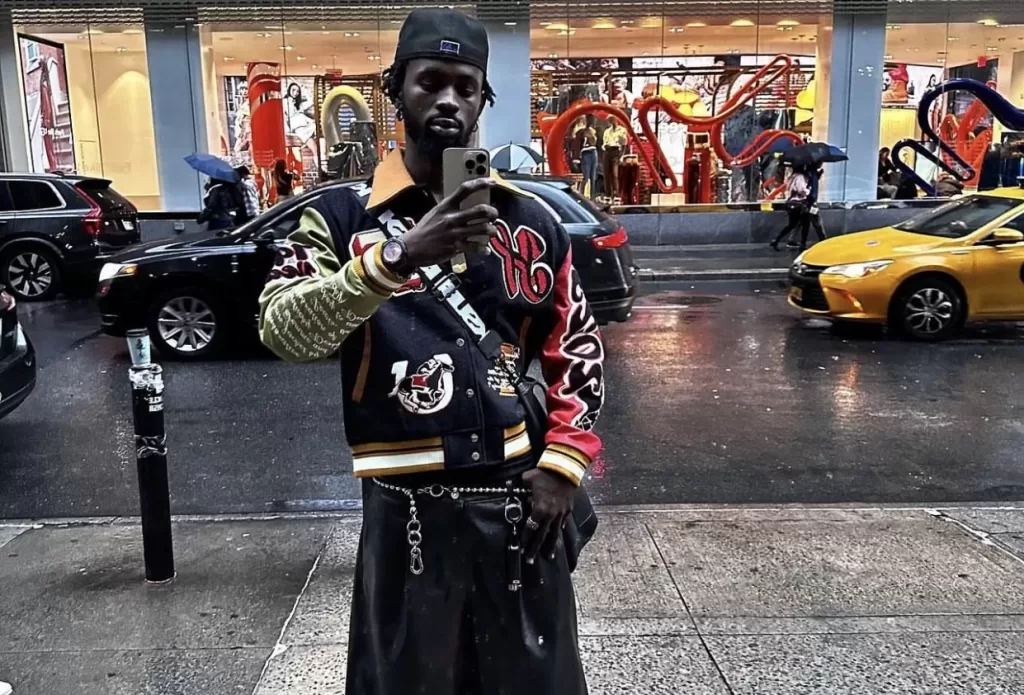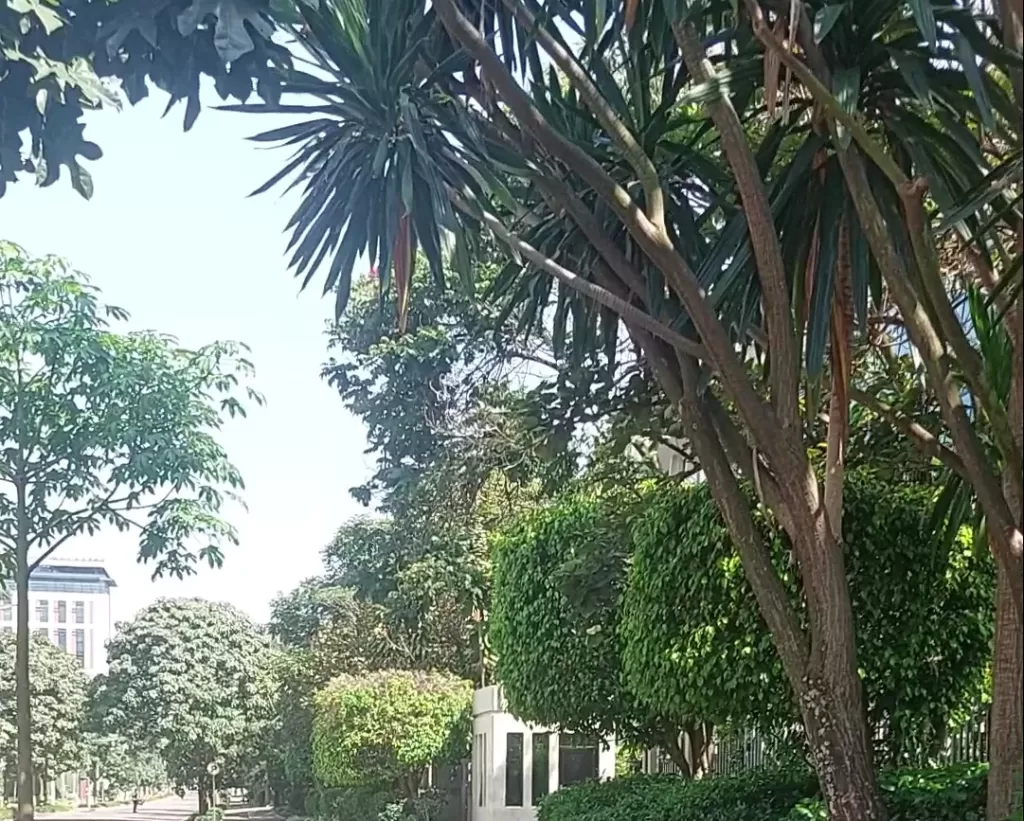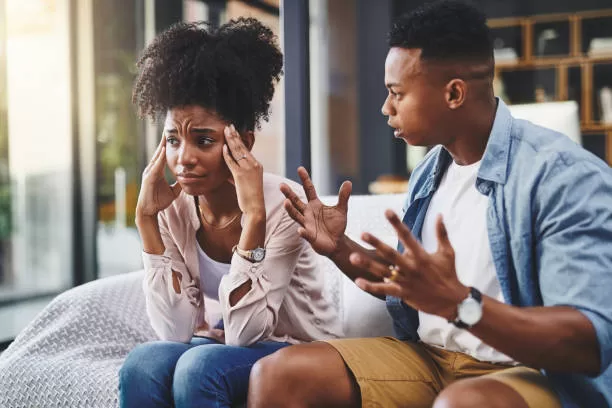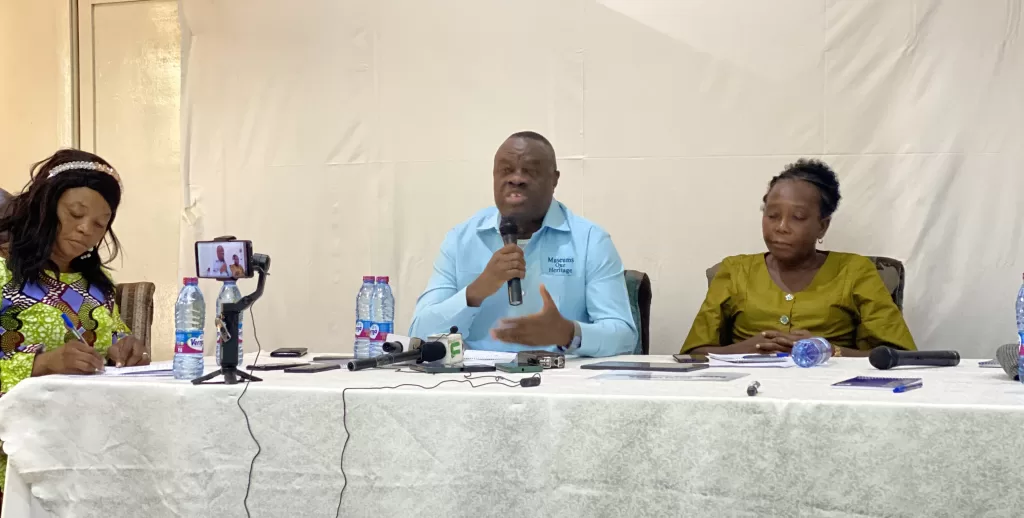A GNA Feature by Charles Abani, United Nations Resident Coordinator for Ghana
International Women’s Day (IWD), held on March 8 globally, draws attention to women’s rights and gender equality, and on issues that affect women and girls. As rightly stated by the UN Secretary-General, António Guterres, “achieving gender equality and empowering women and girls is the unfinished business of our time, and the greatest human rights challenge in our world.”
Gender-based discrimination harms everyone – women, girls, men, and boys, and so we must address it.
The 2023 IWD theme, “DigitALL: Innovation and technology for gender equality,” shines a light on and celebrates the women and girls who are championing the advancement of transformative technology and digital education, and promotes equal access and engagement in the digital transformation opportunities for women and girls.
It also recognizes the enormous obstacles these women and girls, including those in Ghana, face — from structural injustices (such as the digital divide), marginalization, and violence, to cascading crises that affect them first and worst, to the denial of their personal autonomy and rights over their bodies and lives.
With a focus on gender inequality in the digital space, on IWD we expose issues on accessibility, usage and safety online.
Just imagine – in 2022 only 63 per cent of women were using the Internet compared to 69 per cent of men, according to the International Telecommunication Union.
A study (#gendersnap2022) of 51 countries revealed 38 per cent of women had personally experienced online violence.
In Ghana, the 2021 Population and Housing Census records that 8 in 10 persons 12 years and older own mobile phones, the proportion was higher for males (85.8%) than females (80.7%).
On the use of smart mobile phones, the statistics show 72.5% males and 66% females. For laptop computers, the proportion is 8.4% males and 5.1% females.
This is a systemic problem, and we must find lasting solutions if we are to bridge the gender gap in the digital space.
Today, education, trade, business and innovation are evolving, and their transformation is dependent on technology.
If women, the largest proportion of those trading, are to benefit from AfCFTA, they must embrace digital skills.
Digital inequality diminishes women and girls’ opportunities to pursue careers in science, technology, engineering, and mathematics (STEM) related fields.
If those left behind are to develop the necessary digital skills to engage in digital spaces, we must take action to balance the equation in that space to give equal opportunity to all.
The UN in Ghana works with government, civil society, academia, the women’s rights movement, and private sector, to ensure we accelerate recovery from COVID-19 and the full implementation of the 2030 Agenda for Sustainable Development at all levels, including delivering on SDG Goal 5 – achieving Gender Equality.
Together with partners, the UN will continue to explore the impact of the digital gender gap on widening economic and social inequalities, while providing an opportunity to spotlight the importance of protecting the rights of women and girls in digital spaces.
It is indeed inspiring that Ghana’s rapid adoption of digital technologies since 2017 to tackle development needs has enabled women to access platforms and information otherwise unavailable.
During the COVID-19 pandemic, e-commerce – the buying and selling of goods electronically online – became increasingly popular, and its growth has not been stunted in a post-COVID environment.
According to findings from UNDP’s COVID-19 Business Tracker, the use of digital technology (mobile money and internet) among businesses following the pandemic have only increased. And risen even further among women.
For example, women who are largely in the informal sector and engaged in the buying and selling of goods were greatly affected but according to Mamaga Akua Sabea Nyabor VII, who created the “Asigame market Place, and currently uses e-commerce as a source of income for many vulnerable women she deals with.
E-commerce “is popular because of the many benefits. I have closed down my physical space shop which of course was taking a lot of money as rent and now operate my e-business -internet marketing. I take my payment through electronic funds transfer; mobile money and it makes life much easier for me”.
With Africa’s Internet economy estimated to reach $180 billion by 2025, according to the IFC, e-commerce can drive inclusive growth and create three million jobs across Africa by 2025 if technology and online markets are well utilized.
This could be exponential for Ghana, particularly with a large population of youth that need employment.
However, the figures show that women are at high risk to be left behind without the proper support and training.
To this end, the UN has been working to address the economic performance of MSMEs in the country.
Looking to Agribusiness, the UN has launched the “Expanding the Kaizen initiative by enhancing sustainable agribusiness” project, where businesses will use UNIDO’s digital dashboard system to enhance resource efficiency, the environmental sustainability, and the social welfare of MSMEs.
It looks to further enhance the competitiveness of MSMEs in the country.
UNCTAD’s work with the Ministry of Trade and Industry on e-commerce readiness is a critical piece in accelerating digital trade, especially for women.
On education, there is a positive start for the first STEM clinic in Ghana which marks the beginning of a new chapter for girls’ participation in STEM education.
However, girls’ participation in STEM subjects in secondary schools is still lower than that of boys, with only 39% of students studying STEM subjects being girls.
This gap remains a major barrier to their participation in tech design and governance.
The pervasive threat of online gender-based violence, coupled with a lack of legal recourse too often forces them out of the digital spaces they do occupy.
The focus on Ghana on Life-long learning and skills (through the Ministry of Education’s selection of this track as a priority in the global transforming education agenda) is a welcome boost.
In partnership with the IamtheCODE Foundation, the UN Habitat and UNHCR in Ghana have launched the “Digital and Reproductive Health Learning for Girls and Boys in Informal Settlements” programme to improve digital and reproductive health education in selected slums and informal settlements in Ghana.
Furthermore, through UNFPA, the Ghana Health Service (GHS) and other partners have developed the WAWABA SRH, a user-centered web-based SRH platform that directs users to nearest locations to access friendly SRH services and is an integral part of the You-Must-Know (YMK) App of the GHS.
Today, WAWABA/YMK has been accessed by over 50,000 adolescents. Additionally, in collaboration with the Ministry of Gender, Children and Social Protection, the launch of the BOAME App to support the fight against domestic and gender-based violence, is providing avenues for gender-based violence to be channeled and addressed.
Digital technology is opening new doors for the global empowerment of women, girls and other marginalized groups and we must take advantage of this real opportunity.
The UN in Ghana will continue to work with the Government and partners across board to ensure we deliver adequately on SDG Goal 5 and its associated indicators by 2030.
Gender equality and women’s empowerment, alongside harnessing the digital transformation opportunities, are at the heart of the UN’s work as contained in the new UN Sustainable Development Cooperation Framework and we stand in readiness to support women and girls to close the gender gap and stand as equal champions in the digital transformation drive.
And in spite of progress, much remains to be done. Let us work together – across governments, the private sector and civil society – to build a more inclusive, just, and prosperous world for women, girls, men, and boys everywhere.
